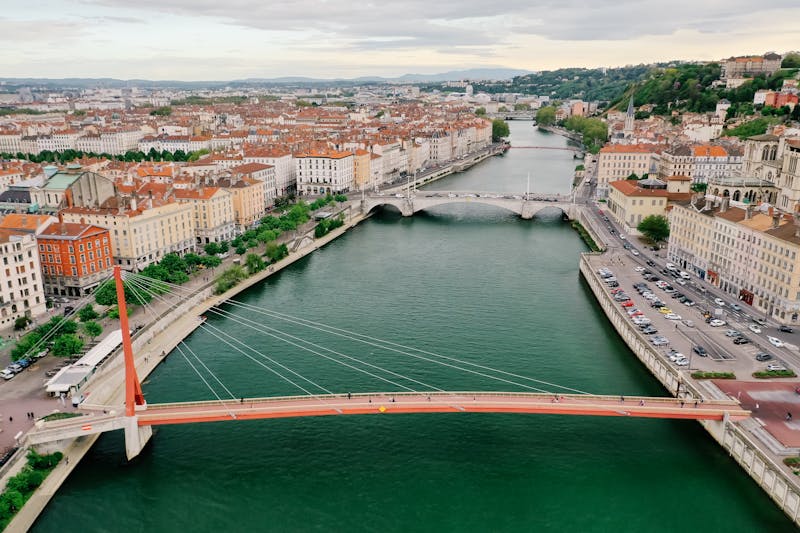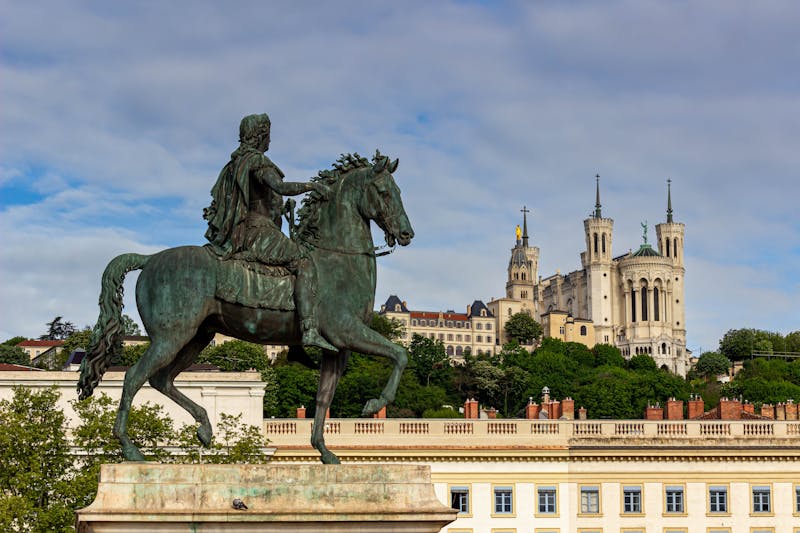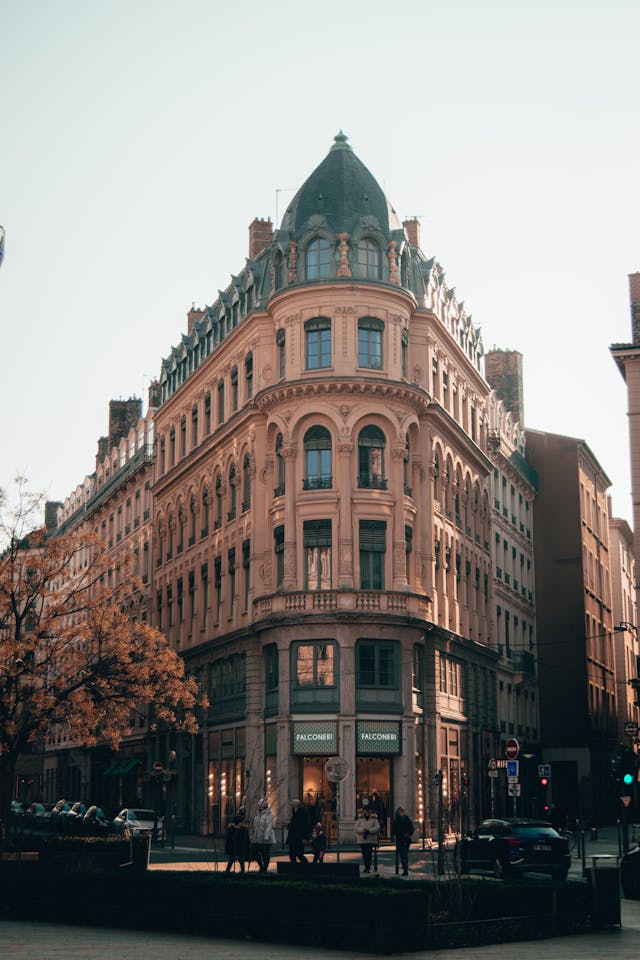Lyon Travel Guide: France’s Best Kept Secret
Lyon, France, has long been known to sophisticated travelers as the culinary capital of France. It is now emerging as a “must-do” destination for a broader range of American travelers because of the many attractions it offers and its easy access from other popular destinations in France.
French Capital of Gastronomy is UNESCO World Heritage City
Just two hours from Paris on the high-speed TGV train, it is the gateway to Provence and the Rhone Alps region. Savvy travelers know that Lyon is a gem of a city not to be missed. It is also the preferred destination of foreigners who want to move to France and find a good quality of life. Recently named a World Heritage City by UNESCO (United Nations Educational, Scientific and Cultural Organization) because of its illustrious 2,000-year history, France’s second-largest city is brimming with activities and attractions. With its world-renowned cuisine, historic architecture, wealth of museums, music, dance and art festivals and picturesque nightly lighting of monuments, Lyon is renowned for its quality of life.

Historic Lyon
Built by Caesar in 43 B.C., in ancient times Lyon, then known as Lugdunum, was the capital of Gaul. The past is alive in such Lyon landmarks as the Gallo Roman amphitheatre, now a site for outdoor concerts, and the Croix-Rousse hill, which was the center of the silk industry in the 1800s. Its Renaissance quarter, the second largest in Europe after Prague, still thrives with daily activity. Old Lyon was the capital of the silk, finance and print trades in the 16th century. Today, travelers can stroll through its unique “traboules” (networks of covered passageways) to visit shops, restaurants, art galleries and the breathtaking Cathedral St. Jean, sister cathedral to St. Jean the Divine in New York, with its astronomical clock.

Culinary Lyon
Most travelers automatically think of Paris when they think of wonderful French food, but Lyon is actually the gastronomic capital of France. Bordering the vineyards of the Beaujolais and the Cotes du Rhone, as well as an area that produces a wealth of fresh produce, Lyon is an essential pilgrimage for any gourmet. Lyon is famous for its traditional restaurants known as “bouchons,” where travelers can feast on local specialties such as rosette, salami, quenelles and andouillette sausages. Lyon is also known for its regional cheeses, such as Saint Marcellin, and its locally made chocolates. Lyon also has an impressive restaurant scene, including restaurants with internationally known chefs such as Paul Bocuse, the inventor of nouvelle cuisine. Since eating is taken seriously in Lyon, travelers are sure to have a pleasurable experience no matter where they choose to dine. It is also the site of a renowned professional cooking school , which also offers daily and weekly classes for tourists.

Cultural Lyon
Lyon’s role as the center of the silk industry in the Middle Ages led to the rise of Renaissance fairs and extensive industrial development. This in turn gave rise to a major artistic community and a culture which is still vibrant today. Among the many notable museums are the historic cloth museum, the Musée des Tissues, which houses the International Center for the Study and Conservation of Ancient Textiles. Lyon, which was the center of the French Resistance in World War II, is also home to the moving Museum of History of the Resistance and Deportation. Of special interest to film buffs is the Institut Lumière, which retraces the history of the invention of the cinema. The Lumière brothers, born in Lyon, filmed the world’s first movie in Lyon. A wall by the site of the first movie bears plaques marking the visits of famous directors from all over the world. Lyon is famous for events which attract a world-wide audience. The Biennial Dance Festival makes Lyon the dance capital of the world for a few weeks each year, when professional dance companies from all over the globe parade in the streets. The Fourvière and Old Lyon music festivals and the Biennial Contemporary Art festival also draw performers and artists from around the world.
Nightly Illumination
Since 1989, Lyon has been implementing a unique concept in urban lighting. Because of its exceptionally rich architectural heritage, rooted in the city’s 2,000-year history, Lyon’s urban lighting features more than 200 buildings which are floodlit every night according to a specific design, providing an enchanting sight for the city’s citizens and tourists alike. And every December, for three nights, the Festival of Lights showcases the grace and beauty of Lyon by lighting its buildings and homes with 1,000 brightly colored and changing lights.
Sensational Shopping
The shops of the Presqu’île, the peninsula between the two rivers, offer world-class shopping at a bargain price, thanks to the favorable exchange rate for the American dollar. Lyon’s shops and markets also offer a warm welcome, delicious local food and interesting crafts. Some shops where travelers can purchase gifts include Les Halles, the renowned market where celebrated chefs and local cooks shops for pork, meats, cheese, fish and fresh vegetables; bookstalls along the Saône; the Sunday morning craft market at Quay Fulchiron; or the Rue Auguste Comte, an antique market with 80 shops.



